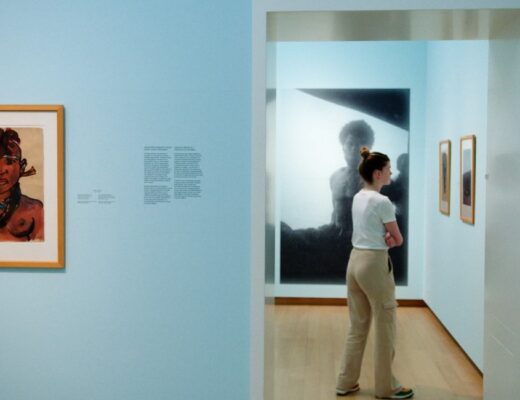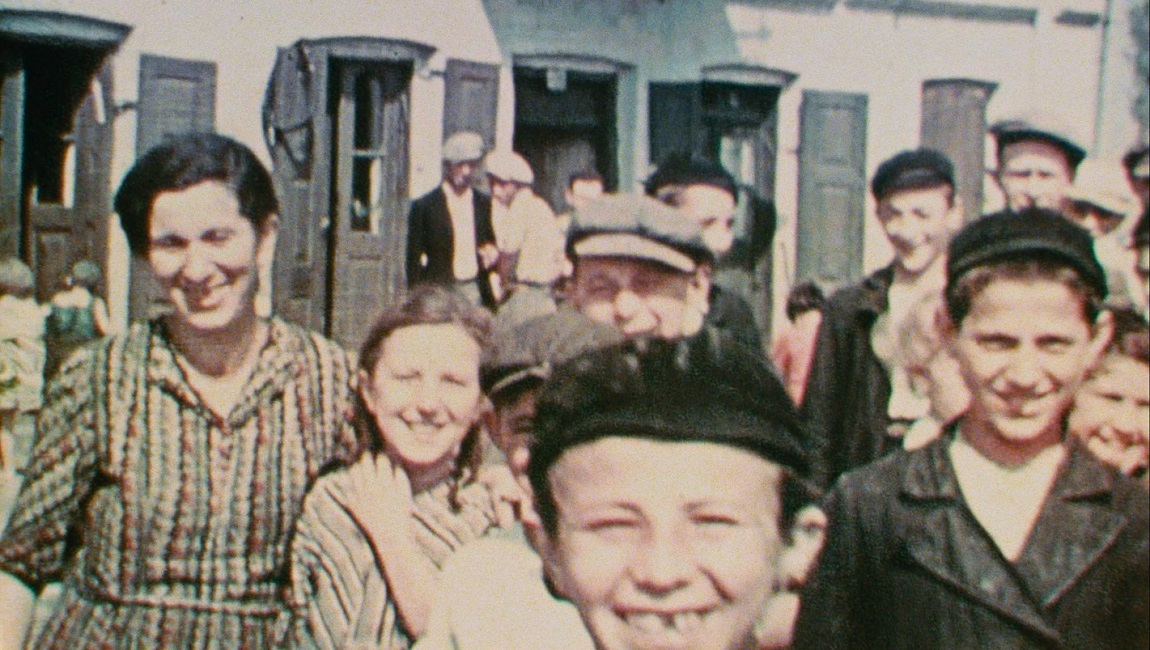There’s something rotten at the heart of the Mexican elite, so says writer-director Joaquin del Paso in his new film, The Hole in the Fence. Students at Los Pinos, a Catholic school for the preteen sons of the powerful monied class, have converged on the outskirts of a small village for what is ostensibly a spiritual retreat. In actuality, it’s an emotionally abusive gauntlet designed to harden these future power-brokers into class warriors, teaching them to fear and despise the disenfranchised, the poor, the powerless. These hateful, petulant boys will someday grow into men and be placed in positions to make or otherwise influence policy — a proposition that terrifies del Paso. The filmmaker, working with co-writer Lucy Pawlak, starts small, carefully charting the everyday homophobia and racism that spews freely from the boys’ mouths, as well as the carefully calculated manipulations of the adults charged with their care; the boys are not to leave the manicured grounds of the camp, as the village (we are told) is replete with violence. There are murderers, rapists, and kidnappers just beyond the electrified fence that surrounds the compound, and to venture beyond it is forbidden.
Within the confines of the camp, the only thing worse than being called “gay” is being singled out as an outsider. That ignominious designation belongs to Eduardo (Yubah Ortega), a dark-skinned boy who attends the camp thanks to a scholarship. His peers — most of them light-skinned, with blonde hair and blue eyes — taunt him mercilessly, occasionally escalating from verbal to physical attacks. His only friend is Joaquin (Licciano Kurti), himself the frequent victim of jeers. There’s also Diego (Eric David Walker), a victim of some undisclosed violent accident prior to the film’s start that has left him with a broken arm, a neck brace, and in need of crutches. He’s under the care of Edwin (Raúl Vasconcelos), a nervous, nebbishy type clad in paramedic gear and who harbors his own dark secrets.
There are other adults present, of course, but del Paso makes clear that these are not clueless, distant educators who are simply unaware of the boys’ behaviors, but active participants in this theater of cruelty. Professor Monteros (Enrique Lascurain), the most authoritative of the bunch, resides over everything, leading the group in frequent prayers, but also cruelly manipulating the weakest of the bunch. Professor Tanaka (Takahiro Murokawa) at first appears to be a kind of “cool” teacher, the sort you’d want to be friends with, but this too is merely a facade. These “educators” are acutely aware that they are forging these boys into men, which means constant surveillance and a bevy of psychological games designed to turn them against each other.
The titular hole is one of these games; the boys come across a gap in the electrified fencing and are prodded by the adults into believing that the dredges of the village now have access to the camp grounds. While it serves a literal narrative function, the hole also becomes a symbolic gesture — a sort of boundary into the unknown. The film walks a fine line with this sort of thing, vacillating between realism and heavy metaphor. Things occasionally threaten to take a turn toward the surreal, or even into outright horror (others have compared the film to the works of Ari Aster and Michael Haneke, although this seems like a stretch). But del Paso opts to keep things mostly naturalistic; several terrible things happen, but they are either alluded to or kept largely offscreen. There’s a nagging sense of being fed a thesis, like the filmmakers started with a polemical endpoint and then reverse-engineered a film, but there’s no denying that The Hole is visceral enough to leave an impression in either case. As late-period capitalism, neoliberal policies, and the widening gap between the haves and have nots all proceed unabated and at a rapid clip, del Paso’s angry, desperate invective can’t be ignored. Increasingly, the cruelty is the point (to borrow a frequent online refrain), and del Paso diagnoses it with precision. One does wish there was more differentiation between the boys; only the victims get even cursory characterization, while the aggressors all blend together. But perhaps that’s part of the point — they become “they,” and are fully united in their contempt for the rest of us.
Published as part of InRO Weekly — Volume 1, Issue 22.







